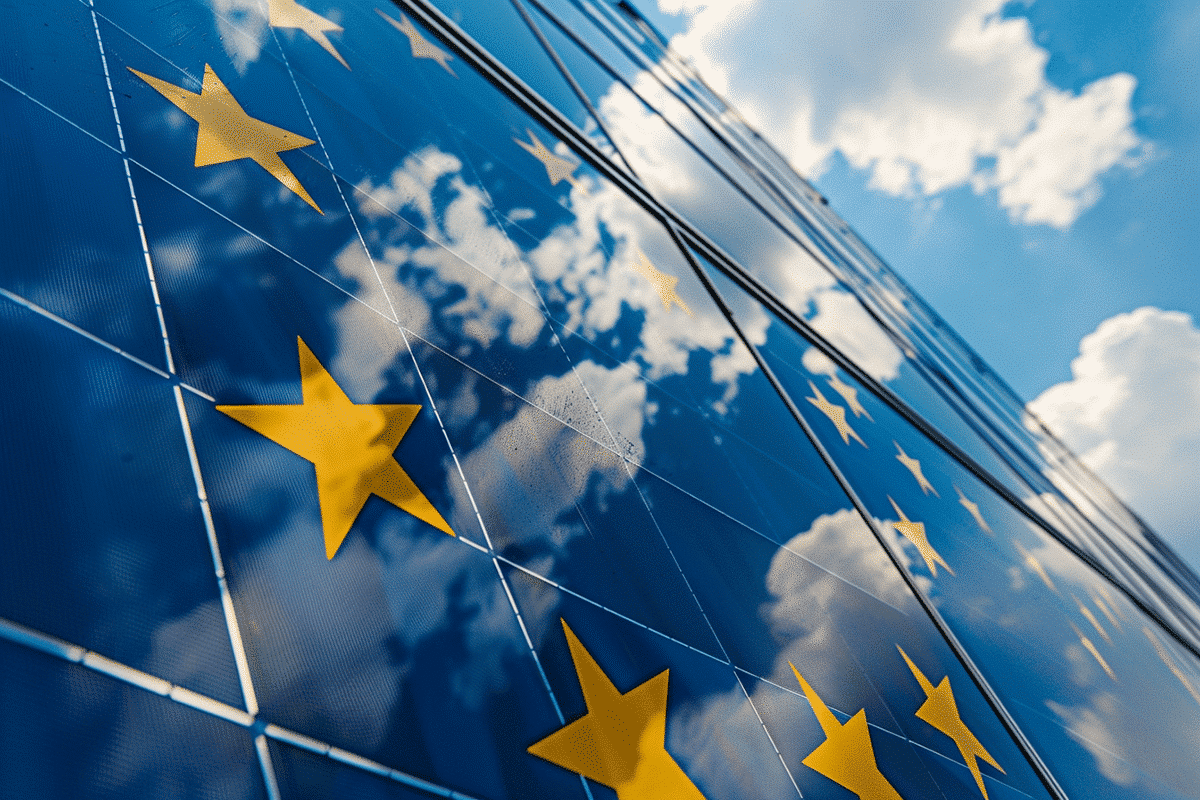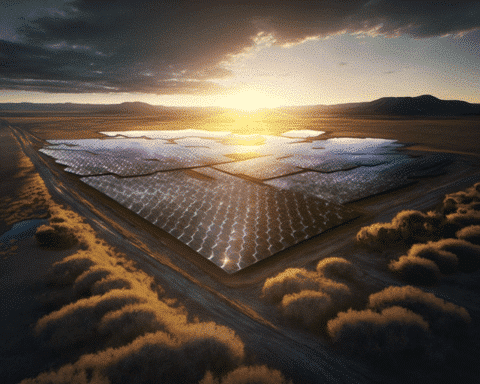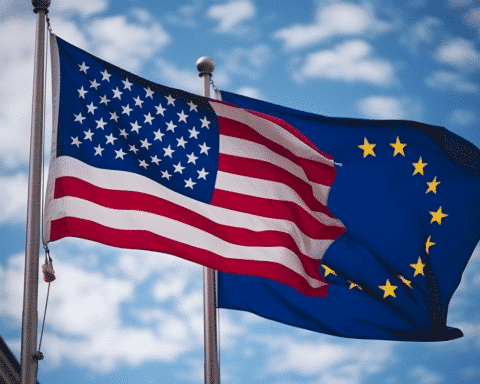In a move set to bolster Europe’s green credentials and enhance its industrial competitiveness, European Union governments have formally approved the Net Zero Industry Act (NZIA) on Monday. This groundbreaking legislation is designed to propel the EU towards producing 40% of its solar panels, wind turbines, heat pumps, and other clean technology equipment domestically. By reducing reliance on imports, particularly from global manufacturing giants like China, the EU aims to fortify its position in the burgeoning green tech market and fend off competition from the United States.
The NZIA, a cornerstone of the EU’s ambitious climate agenda, is slated to come into force in the coming months pending final signatures from the presidents of the European Parliament and the Council. Once published in the EU’s official journal, the law will usher in a new era of green industrial development across the bloc.
At the heart of the NZIA is the EU’s determination not only to lead the charge in cutting greenhouse gas emissions but also to assert dominance in manufacturing the technology necessary to achieve this goal. With China currently forecasted to control a staggering 80% of global manufacturing capacity in solar power, and the U.S. offering substantial green subsidies under the Inflation Reduction Act, the EU recognizes the urgency of securing its own foothold in the industry.
The EU’s targets under the NZIA are ambitious, aiming to produce 40% of the products required to reduce greenhouse gas emissions by 2030. These products encompass a wide array of clean energy technologies, including renewable energy sources, nuclear power, heat pumps, electrolysers, and carbon capture technology. Looking further ahead, the EU aims to capture 15% of global production of these technologies by 2040.
To facilitate the realization of these targets, the NZIA proposes streamlining the permitting process for projects that enhance EU manufacturing capabilities. By aiming to issue permits within a timeframe of six to nine months, the legislation seeks to expedite the development and deployment of green technology infrastructure across the EU.
Furthermore, the NZIA introduces a significant shift in procurement practices, mandating that public authorities consider sustainability and resilience factors alongside price when purchasing clean technology products. With a 30% weighting assigned to these considerations, the EU aims to ensure that its reliance on supply from a single third country is minimized, thus enhancing the resilience of its clean tech supply chains.
While the EU’s ambitions are commendable, challenges loom on the horizon, particularly in the solar energy sector. Currently, EU manufacturers supply less than 3% of solar panel deployments within the EU, highlighting the uphill battle they face in capturing a significant share of the market. However, the wind energy sector presents a more promising picture, with the EU boasting a stronger foothold, albeit one under increasing pressure from Chinese competitors.
As the NZIA moves closer to implementation, all eyes will be on the EU as it navigates the complexities of boosting domestic green tech production while balancing economic competitiveness and environmental sustainability. With the global transition to renewable energy accelerating, the EU’s commitment to fostering a vibrant, homegrown green tech industry signals a bold step towards a greener, more sustainable future for all.




